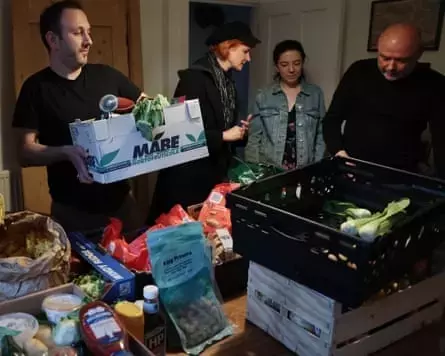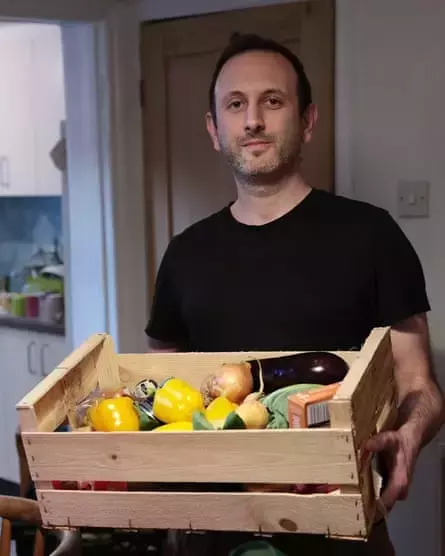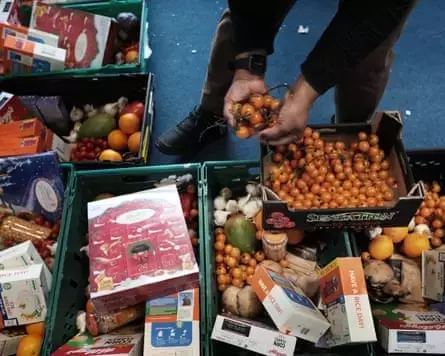






A new wave of community-driven grocery shopping is sweeping through the UK, offering households the opportunity to save up to 40% or more on their weekly food expenses. At the heart of this movement lies Cooperation Town, a not-for-profit initiative that encourages solidarity over charity by fostering neighborhood collaboration. Since its inception in 2019, Cooperation Town has expanded significantly, supporting over 30 local food co-ops across the UK. By pooling resources and purchasing wholesale goods, these groups have managed to stretch their budgets further while promoting sustainable practices. However, setting up such a co-op requires dedication, patience, and effective communication among participants.
The journey begins with identifying like-minded individuals who are willing to embrace slower but ultimately rewarding methods of grocery shopping. Shiri Shalmy, one of the founders of Cooperation Town, emphasizes the importance of direct interaction—knocking on doors and engaging neighbors face-to-face. While technology can aid in organizing meetings and sharing information, personal connections remain crucial for building trust within the group. Once interest is established, practical steps follow: holding initial discussions, assigning roles fairly, and creating a shared spreadsheet detailing common purchases. These efforts help streamline decision-making processes and ensure everyone's needs are met.
Another key aspect involves leveraging surplus produce from businesses and redistribution charities. For instance, instead of paying £1 to £2 for cherry tomatoes at a supermarket, bulk orders might reduce costs to just 60p per packet. Similarly, donated items such as cauliflowers, pak choi, potatoes, and even luxury products like king prawns enhance the value proposition without inflating individual contributions. Participants typically invest between £3 to £6 weekly, which collectively buys far more than what they would purchase individually.
Despite its advantages, establishing a successful food co-op comes with challenges. Time management, coordinating schedules, and balancing preferences require careful consideration. Consent-based decision-making ensures inclusivity but may slow down proceedings. Moreover, transportation logistics pose another hurdle; however, creative solutions exist, including carpooling or consolidating deliveries. Ultimately, the benefits outweigh the difficulties, especially during times when living costs continue to rise.
As more families seek ways to tighten their belts amidst economic uncertainty, initiatives like Cooperation Town provide viable alternatives. Through teamwork and resourcefulness, communities can combat rising grocery prices while strengthening interpersonal bonds. Whether ordering staples like rice and pasta or experimenting with exotic ingredients, every participant contributes to a collective endeavor that fosters both financial savings and social cohesion. With guidance from networks like Cooperation Town, anyone can start their own co-op and reap the rewards of cooperative living.
